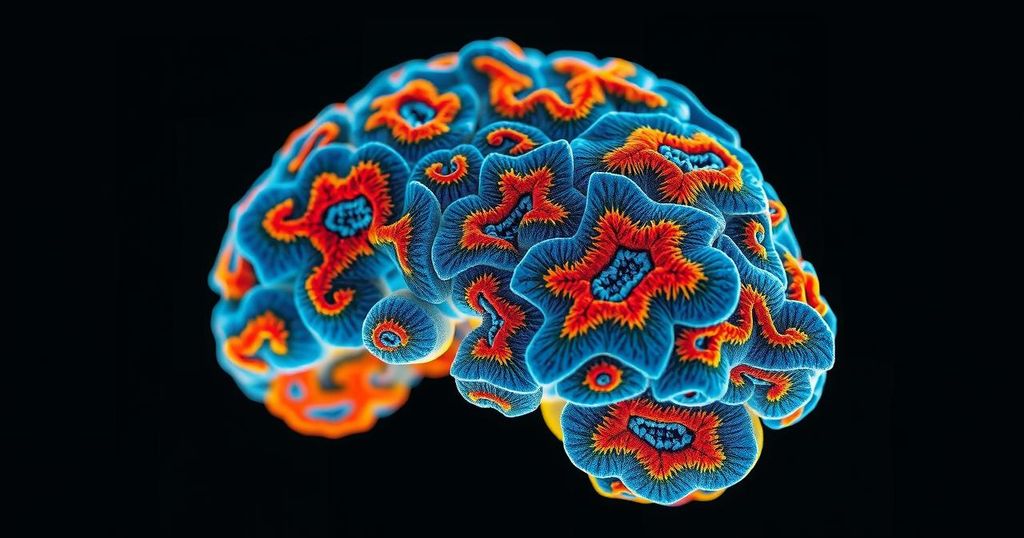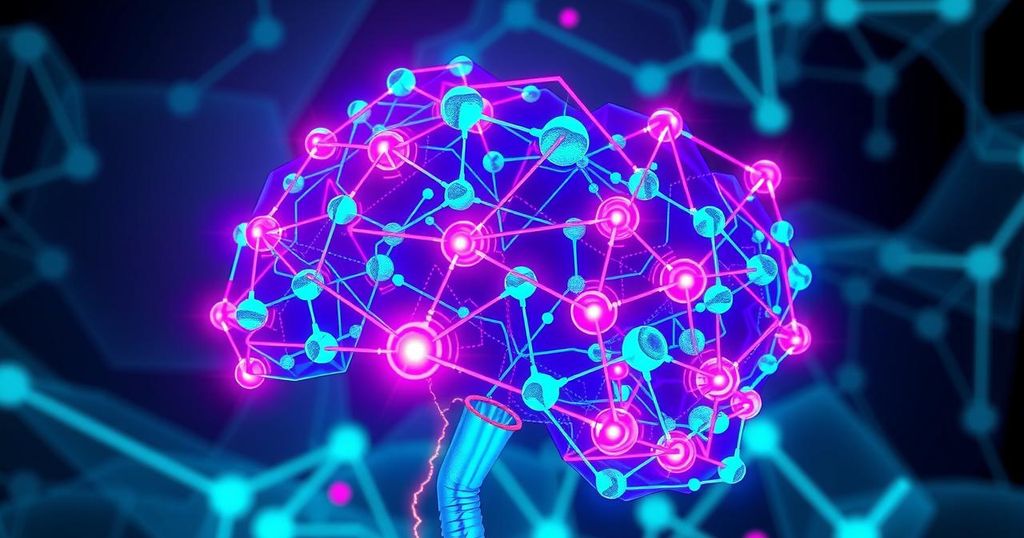Human Cell Atlas: Revolutionizing Our Understanding of Human Biology
The Human Cell Atlas project has united over 3,600 scientists globally to map more than 100 million cells from 10,000 individuals, providing groundbreaking insights into the complexity of human biology. The project, comparable to the Human Genome Project, aims to identify all cell types and understand their roles in health and disease. Significant findings include detailed maps of the human gut and immune system structures, leading to potential new therapies and a deeper comprehension of cellular functions.
The Human Cell Atlas is a groundbreaking initiative that has significantly advanced our understanding of the human body, involving over 3,600 researchers from 100 countries who have meticulously analyzed more than 100 million cells from 10,000 individuals. This pivotal project, likened to the Human Genome Project in its ambition, aims to catalog every type of cell within us. As Aviv Regev, co-chair of the atlas, detailed, this newly created cellular map offers a detailed view of cellular mechanisms and disease associations, aiding in unearthing treatments to combat various conditions.
Mapping the human cell landscape, scientists have revealed startling diversity, identifying thousands of cell types rather than the previously assumed 200. This extraordinary work has yielded notable insights such as understanding the intricate architecture of organs like the gut and thymus, which is vital for immune function. The project also threw light on the psychological implications of various conditions by developing comprehensive maps of biological networks, beginning with the most complex—the brain.
The journey through the Human Cell Atlas is akin to upgrading from a vague medieval map to the precise streets of a modern GPS system. Each advancement highlights the subtle yet crucial differences between cell types that, while seemingly identical under a microscope, exhibit profound distinctions at the molecular level. Techniques like single-cell sequencing allow researchers to decode the dynamic expression of genes within individual cells, paving the way for personalized medicine and targeted treatments.
Understanding the myriad complexities within the human body has stymied scientists for centuries. Traditionally, the cellular framework of human anatomy was poorly mapped, leading to a limited grasp of various diseases and their underlying mechanisms. The Human Cell Atlas project was initiated in 2016 to address these gaps, using advanced techniques to generate a comprehensive inventory of human cells. This effort not only aims to deepen our biological understanding but also acts as a reference point for future medical research and therapeutic innovations, reflecting an evolution from rudimentary cell discovery in the 17th century to advanced genomic science today.
The Human Cell Atlas project signifies a remarkable leap towards a clearer understanding of human biology, revealing the stunning complexity and diversity of our cellular makeup. By representing an extensive collaboration across global scientific communities, this atlas is set to provide crucial insights into health and disease treatment strategies. As researchers continue to unveil the intricate layers of cellular data, the prospects of uncovering new interventions to tackle serious medical conditions become increasingly tangible and hopeful for the future of healthcare.
Original Source: www.cnn.com




Post Comment